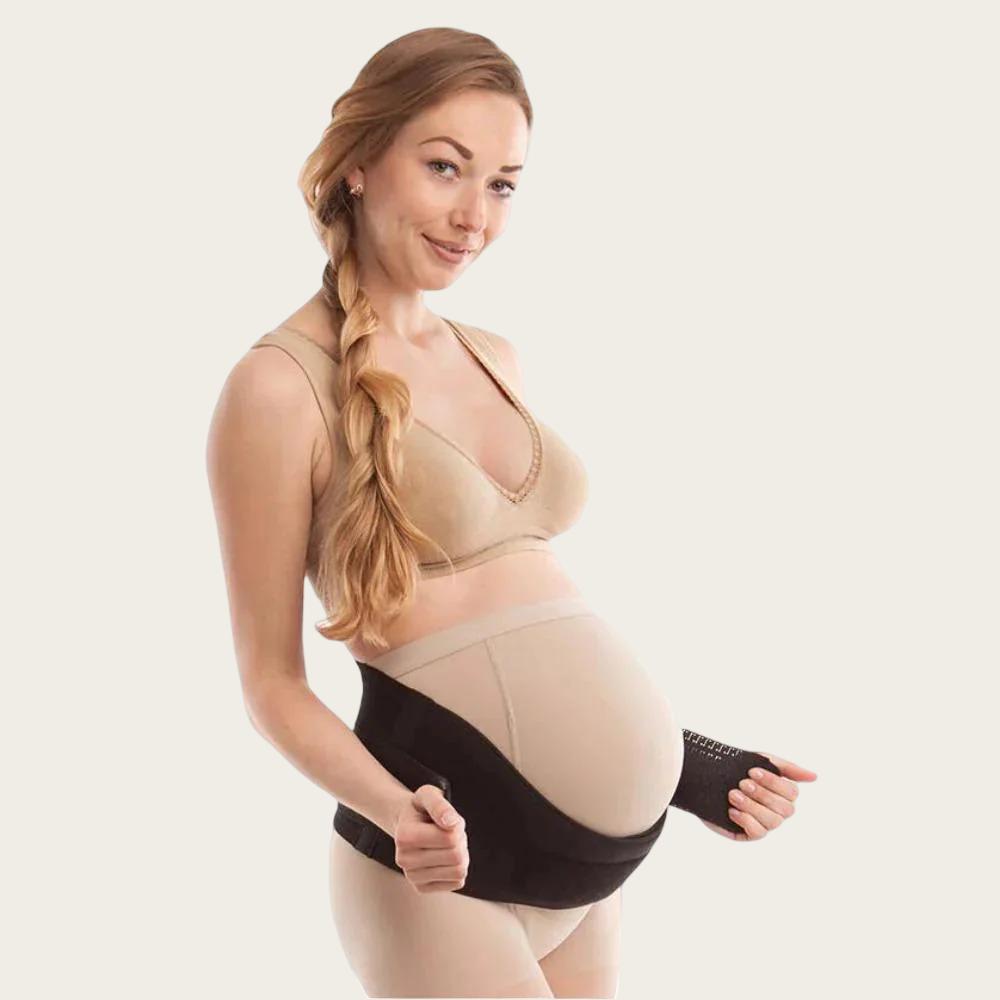It is very typical for pregnant women to experience constipation, and it affects almost half of all pregnant women at some time during their pregnancies. Constipation during pregnancy is characterized by the presence of stomach pain or discomfort, the passage of stools that are difficult and infrequent, and the passage of feces that are hard. The inability to have regular bowel movements is referred to as constipation (BMs). It is a typical manifestation of pregnancy. On the other hand, being pregnant does not necessarily mean that you will have to suffer from constipation or irregular, difficult bowel movements as well as the pain that is connected with them. Keeping things moving along and preventing constipation during pregnancy are both possible with the help of a few simple lifestyle changes.
What are the Factors that Contribute to Constipation during Pregnancy?
Constipation is a common condition that can be brought on by a number of factors, including worry, anxiety, not getting enough exercise, and eating foods low in fibre. The increase in progesterone hormones that occur during pregnancy can cause constipation because they relax the muscle in the digestive tract, which in turn slows the movement of food and waste through the body.
Both the hormonal shifts that occur in the body during pregnancy and the routine behaviors that you engage in on a daily basis can contribute to an increased risk of constipation. Some of the following can contribute to constipation during pregnancy:
Progesterone: When a woman is pregnant, her body produces a higher level of the hormone progesterone than before pregnancy. Because progesterone relaxes your intestines, also known as your colon, they don't have to exert as much effort to push waste through your body and out of your system. Your body has more time to process the nutrients and fluids that are contained in the food you eat as a result of the slowdown. The longer food stays in your bowel, the more time your large intestine (colon) has to extract moisture from it. The longer food stays in your gut, the longer it takes. When you make an effort to pass stool, the waste becomes dried out and difficult to pass.
The iron from prenatal vitamins: The weight of the developing foetus places additional strain on the uterus. Because of the additional pressure that this weight can impose on your bowel, it may become more difficult for waste to be eliminated from your body.
The iron you get from your prenatal vitamin: The iron that you get from your prenatal vitamin helps your body generate the blood that is required to circulate oxygen throughout both your body and the body of your unborn child. However, an excess of iron might make it more difficult for the bacteria in your intestines to break down the food you eat. The problem will only get worse if you don't drink enough water to flush out your bowels and soften the trash that's lodged inside. The accumulation of waste in your digestive tract can lead to constipation.
Lifestyle: Constipation can be caused by a number of lifestyle factors, including the foods you eat, the number of fluids you consume on a daily basis, and the amount of physical activity you undertake. The majority of women who are pregnant do not consume an adequate amount of fibre, do not drink an adequate amount of water, and do not get an adequate amount of exercise to assist their digestive systems in moving waste out of the body.
What measures can I take to avoid or manage Constipation During Pregnancy?
Both avoiding and treating constipation need many of the same actions on the patient's part.
You can assist prevent constipation from arising by doing the following things, and if you already have it, you can treat it by doing the following things as well:
Consume a diet that is high in fiber.
To achieve optimal health, you should aim to consume between 25 and 30 grammes of dietary fiber each day by eating a diet rich in fruits, vegetables, breakfast cereals, whole-grain bread, prunes, and bran. This helps to ensure more substantial stools that are less difficult to pass.
Be sure to take in a lot of fluids.
It is critical to consume a large number of fluids, particularly water when attempting to achieve softer stools by increasing fibre consumption. Every day, you should aim to consume 10 to 12 cups of fluids. The greatest way to assist in the process of eliminating waste from your body is to consume a diet that is high in fibre and to drink enough fluids. Your need for more fluids may rise if you exercise, are in an environment that is hot and humid, or both.
Exercise routinely
If you don't move around much, you increase your risk of developing constipation. Stimulating your bowels with activities like walking, swimming, and other moderate activities will help your intestines perform more effectively. Plan to work out three times a week for a total of twenty to thirty minutes each session.
Remedies available without a prescription There are treatments available without a prescription, such as Metamucil (Category B), that may help relieve constipation during pregnancy and soften your bowel movements. Before using any over-the-counter drugs, you should consult with your primary care physician or another healthcare provider.
Reduce or remove iron supplementation
There is some evidence that iron supplementation can cause constipation. In most cases, meeting your iron requirements throughout pregnancy can be as simple as maintaining a healthy diet. Taking iron in several smaller doses throughout the day rather than one large dosage at the beginning of the day can help relieve constipation. Talk to your primary care physician about getting your iron levels checked and getting tips on how to best manage your iron consumption while pregnant. Find out how to get iron from its natural sources here.
Conclusion
Infrequently, constipation during pregnancy might be an indication of another condition. Call your doctor or midwife immediately if you have severe constipation followed by stomach pain, that alternates with diarrhoea, or if you pass mucus or blood.
Additionally, straining during a bowel movement or passing a hard stool can cause or exacerbate haemorrhoids, which are bulging veins in the rectal region. Haemorrhoids can be incredibly painful, but they seldom cause major complications. In most situations, they disappear shortly after your baby's birth. Call your doctor if the discomfort is severe or if you experience rectal bleeding.




